SC allows women officers to get command positions in the Army and quashes use of gender stereotypes as an argument
Thanks to the Supreme Court, women officers in the Army can now get command positions at par with male officers and break the glass ceiling in the forces. In non-combat roles for the time being. However, the sad part is that they had to fight for it legally rather than being naturalised in the just order of things, considering that they were inducted in the Army in 1992, a long 28 years ago. An entire generation has grown up in between. In this sense, the ruling is more than significant, it is a landmark. For it reminded the armed forces that as part of an institution that codified discipline, values, honesty, decency and honour, their despotic version of patriarchy, preventing women from leading men beyond event parades, was “discriminatory” and “disturbing.” In fact, it went against the very principles of equality and fairness that the Army professes from time to time. In the process, the court also underlined the need for a mindset change in the evolutionary flow of changing times, not just in the Army but everywhere. It said that deep-rooted stereotypes, that men are dominant and women are primary caretakers, need to go away. It even dismissed the argument of women being unfit physically and compromised by family duties as creating an “artificial” distinction, considering that they have still not been cleared for active combat. The court demolished all chauvinist arguments that can be used as a precedent in deciding similar cases of gender parity, tersely: “To cast aspersions on gender is an affront to their (the women’s) dignity and to the country. Time has come that women officers are not adjunct to their male counterparts. Physiological features of women have no link to their rights. The mindset must change. Women work shoulder to shoulder with men.” With these words, Justices DY Chandrachud and Ajay Rastogi upheld the equality of opportunity for all citizens, elevating functionality above gender and treating human resource in any discipline as deserving of respect than either an entitlement or a consolation prize. It also implied that cultural arguments have no place when it comes to the larger duty of protecting the nation. The court, knowing the tendency of institutions to not follow its orders, said permanent commission would be available to all women, regardless of their years of service and that the judgment had to be implemented within three months. What all this means is that service conditions of men and women officers will be exactly the same and that the latter shall also be provided with choices of specialisation like their male counterparts. A woman can rise to the rank of Colonel and even lead battalions. Women officers, who have been retired, will also get pension benefits.
If the court had to admonish one of the highest institutions of the land — one that is expected to rise above societal ills and be progressive and liberal — on gender injustice, then clearly it is confirmation of inherent biases among the privileged, too. Where women officers can be test cases but not decisive enough, where they may be relegated to staff duties but not challenge the male bastion. The Government’s regressive stand on limiting women’s role in the Army is hypocritical considering its own departments have had all-women marching contingents in Republic Day parades, the Indian Air Force (IAF) allows them to become fighter pilots and the Army has even sent them to tough UN peacekeeping missions globally. Unless they were just tokenism to boost propaganda than really honour winners of the Seva medals and Vishisth Seva medals. The next question, therefore, is should the buck stop with just entrusting greater responsibility to them? Are women just worthy of being included in non-combat roles only? In actuality, like their male counterparts, they, too, give up on all familial commitments to be part of the Army. They, too, undergo the same rigorous selection and training procedures as their male peers. None is arguing that the Army lower its standards. But if women have made it through all kinds of selection criteria, then they should at least be given a chance to prove their mettle. For they are often made a scapegoat for the failure in upgrading standards and changing the status quo. The issue is not only about whether women can be inducted in combat roles but how to make it happen with a radical overhaul of personnel policy. Other nations, including the US, Australia, Canada, Denmark, France, Germany and Israel, allow women to be part of certain combat units. By resisting change, the Army wouldn’t want to be out of sync with an India that is resetting itself. Certainly, it doesn’t suit its image when the court has to prod it all the time. It needs to be the initiator, not a follower.
(Courtesy: The Pioneer)







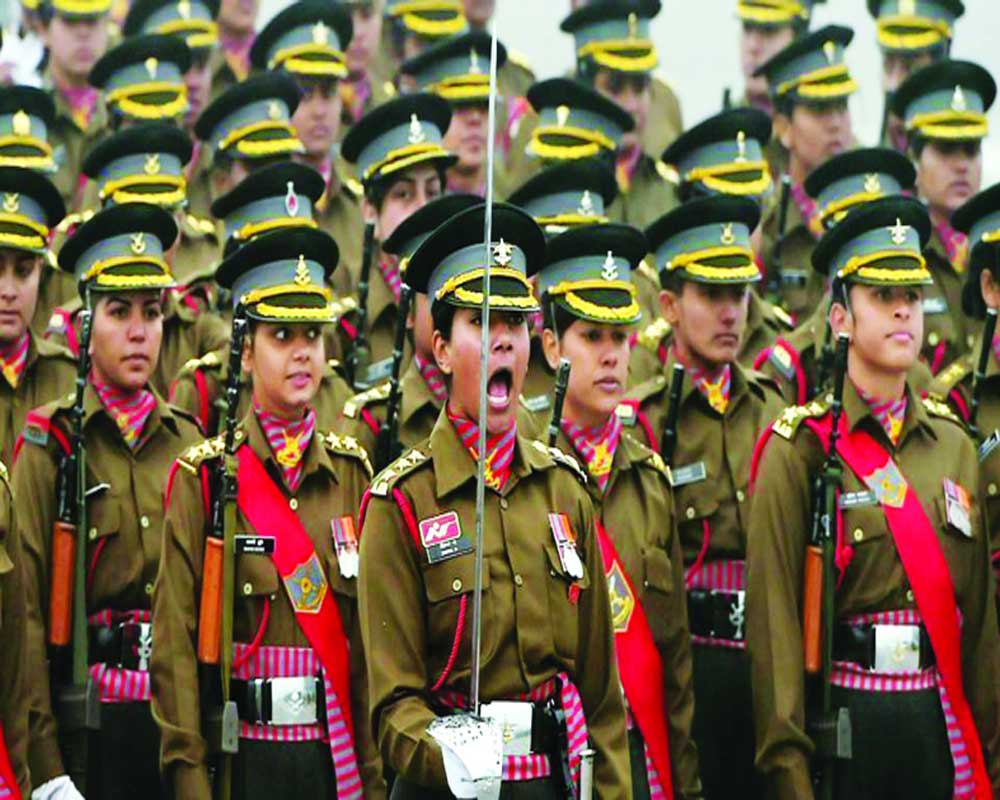
 OpinionExpress.In
OpinionExpress.In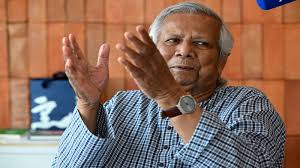
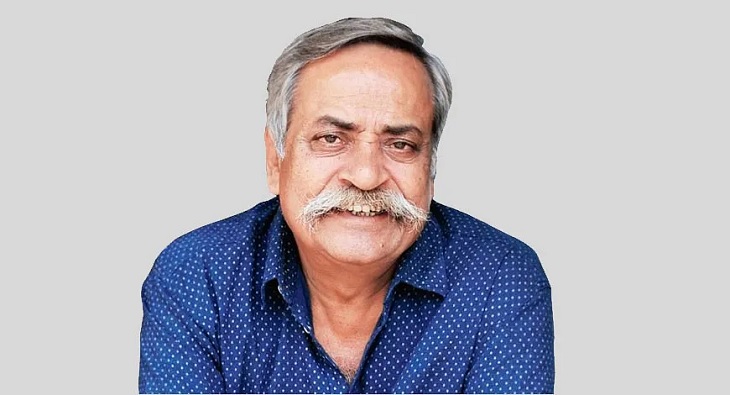

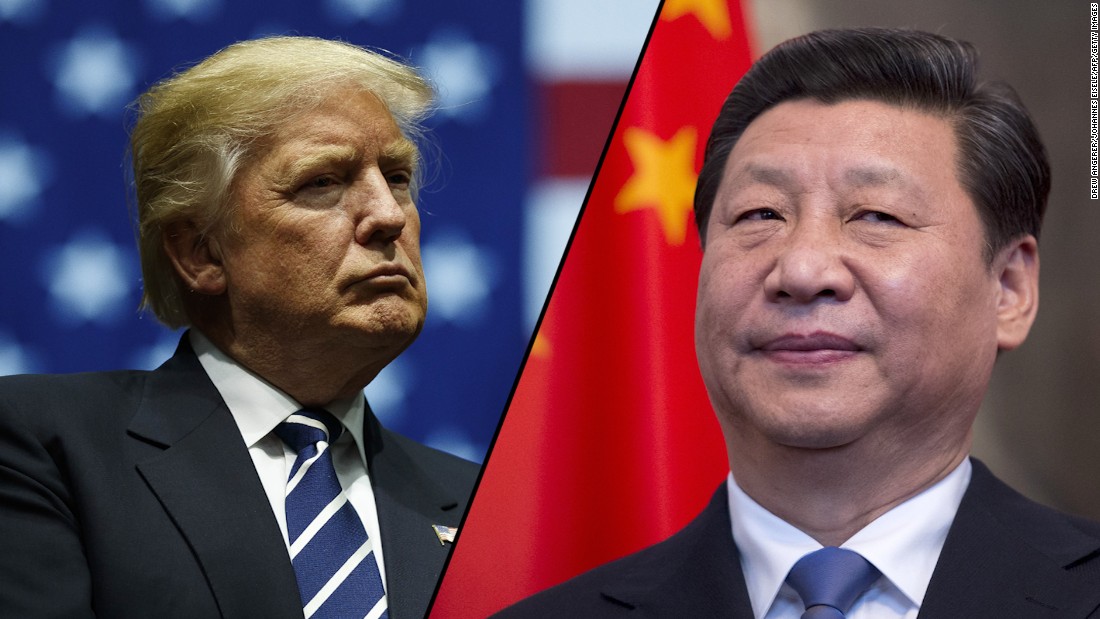
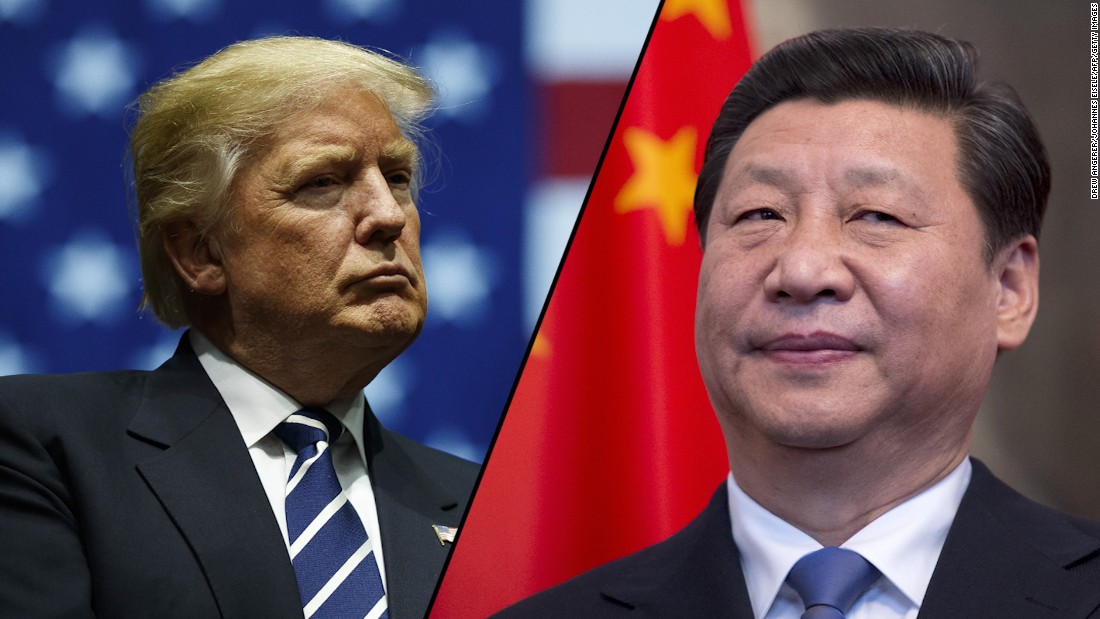
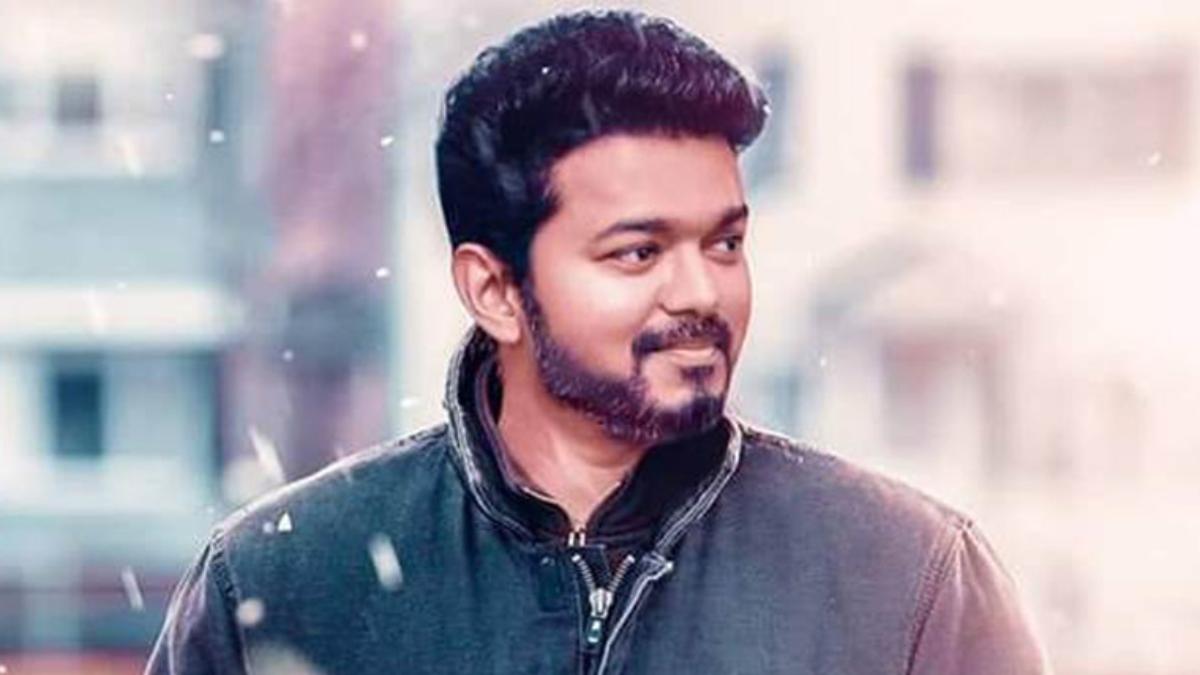


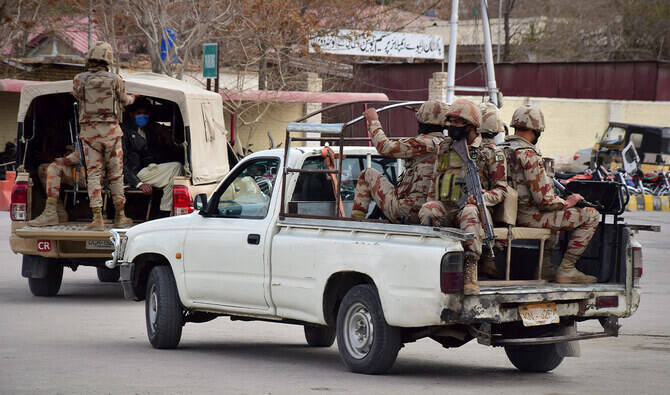
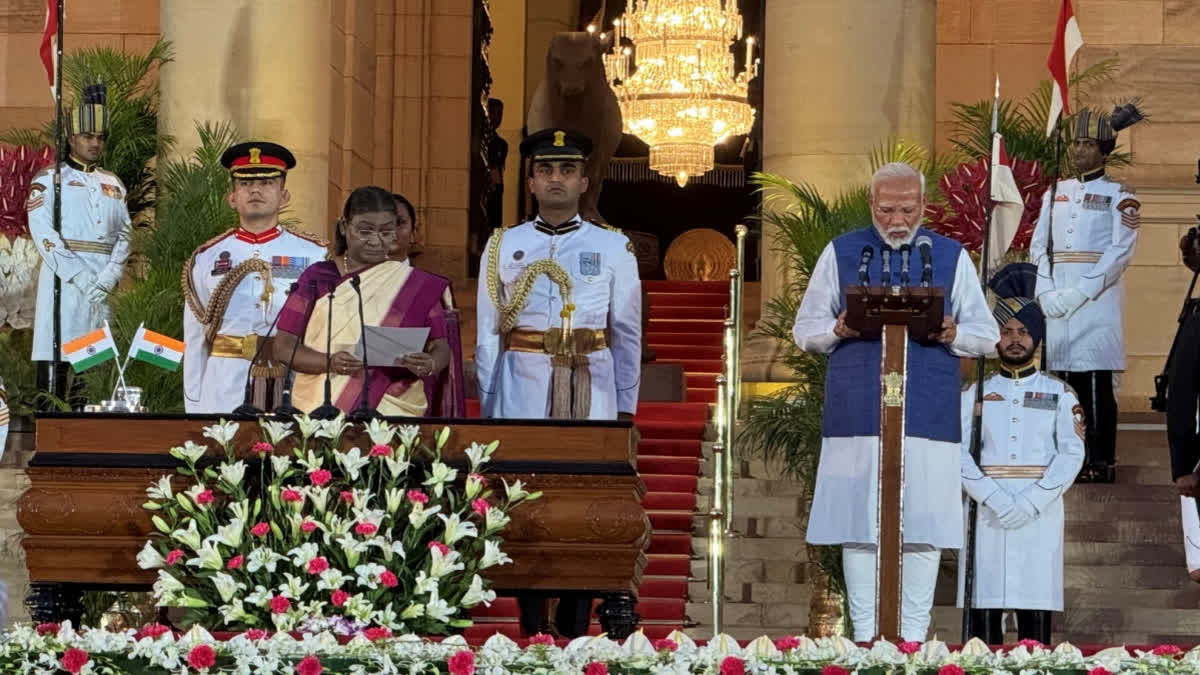






Comments (0)